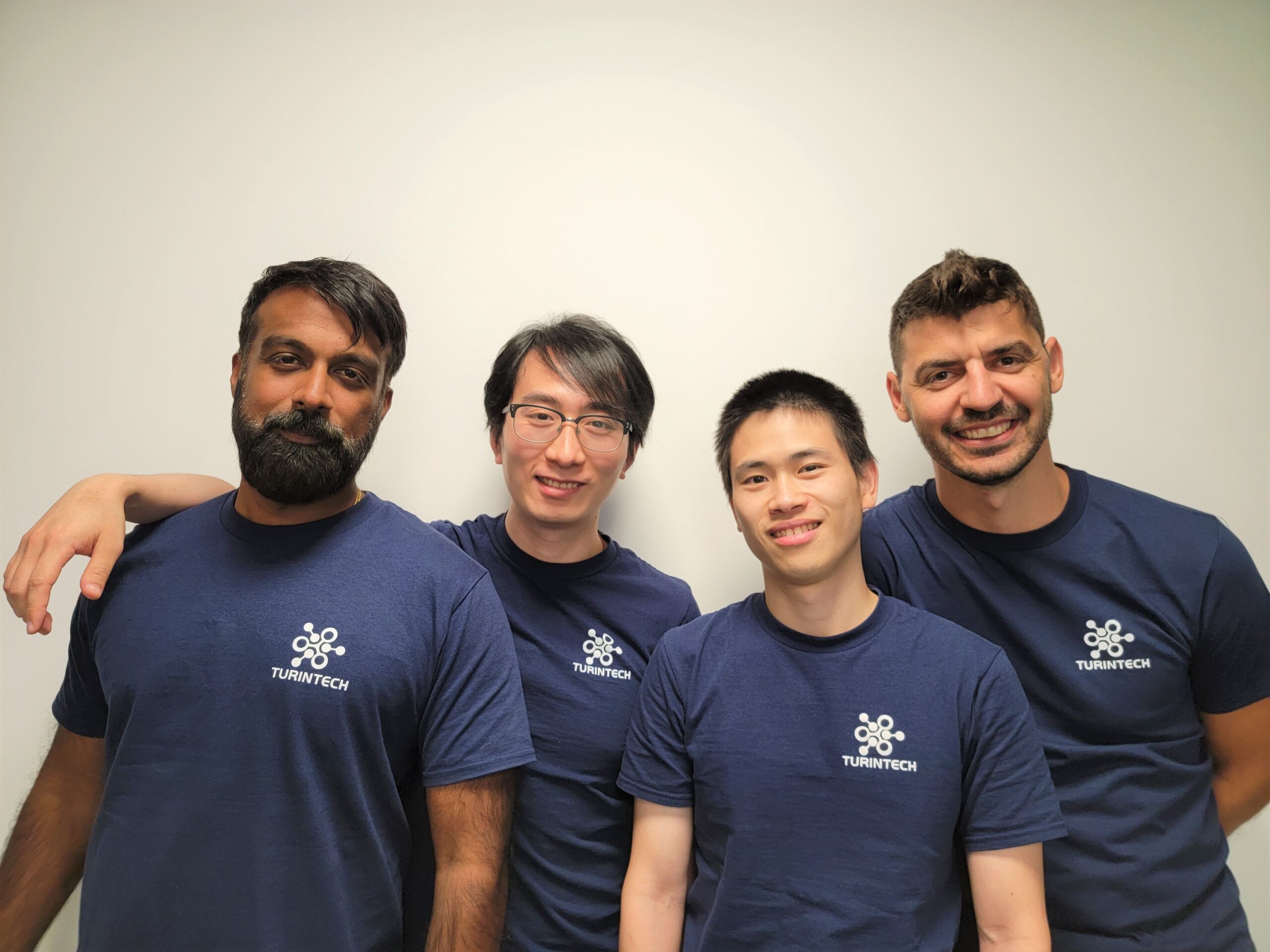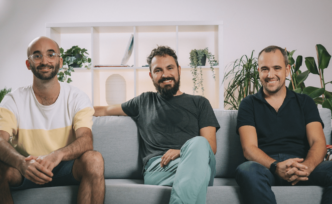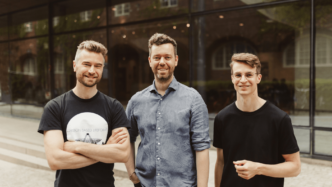The buzz around AI-generated code is growing, driven by the rise of “vibe coding” — a term popularized by computer scientist Andrej Karpathy. This trend embraces a hands-off coding approach using generative AI models like Cursor Composer. Startups, especially in the latest Y Combinator batch like TurinTech, are diving headfirst into this method. In fact, reports show that 25% of these startups rely on AI to produce a staggering 95% of their codebases.
While this promises speed, experts warn of hidden risks. Can this AI-led development approach truly deliver efficiency without compromising security or piling up technical debt?
That’s exactly the challenge UK-based startup TurinTech is tackling. Today, the company introduced its latest product, Artemis, during NVIDIA’s GTC event — alongside news of securing a total of $20 million in funding.
Introducing Artemis: Optimizing the Future of AI-Generated Code
Founded by Dr. Leslie Kanthan (CEO), Mike Basios (CTO), and Fan Wu (Chief Science Officer), TurinTech positions Artemis as a game-changing “evolutionary AI” platform. Its mission? To help enterprises optimize and validate their AI-generated codebases before performance issues or security flaws arise.
Speaking to TechCrunch, Kanthan explained the growing problem: “As more code gets generated, inefficiencies build up. Artemis identifies these weak spots, optimizes the code, and ensures it runs faster while consuming fewer resources.”
Unlike tools that simply generate code, Artemis goes deeper. It refines, checks, and evolves code — enhancing not just speed but also security and scalability. According to Kanthan, current AI tools like GitHub Copilot or Cursor Composer predict code snippets but fail to validate the output. “Traditional methods rely on small compiler tools for error detection, but they don’t catch the performance inefficiencies AI introduces,” he added.
Artemis is built on Kanthan’s earlier academic work, particularly his 2018 research paper that explored Darwinian methods for data structure selection. This “evolutionary AI” approach now powers the core of TurinTech’s platform.
Backed by Fresh Funding and Growing Enterprise Interest
TurinTech’s innovation has attracted solid investor confidence. The company recently closed a $15 million Series A round led by Oxford Capital, with participation from Circle Rock and IQ Capital. This adds to its earlier $5 million seed funding, bringing the total to $20 million.
While Kanthan remained tight-lipped about specific clients, sources confirmed that major banks and blue-chip enterprises are already testing Artemis through the company’s early adopter program. A full release is expected later this year.
The timing couldn’t be better. AI-generated code is reshaping software development at a rapid pace. According to Gartner, 75% of enterprise software engineers will be using AI code assistants by 2028 — a sharp rise from less than 10% in early 2023. Meanwhile, a Stack Overflow survey revealed that 63% of developers have already integrated AI tools into their workflows.
As reliance on generative AI in coding grows, TurinTech is betting big that Artemis will become essential for businesses aiming to stay efficient, secure, and scalable in this new era.












